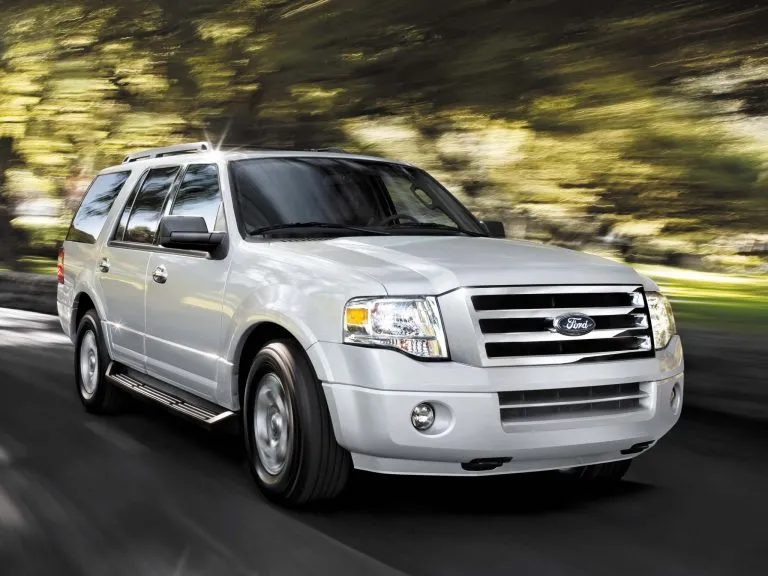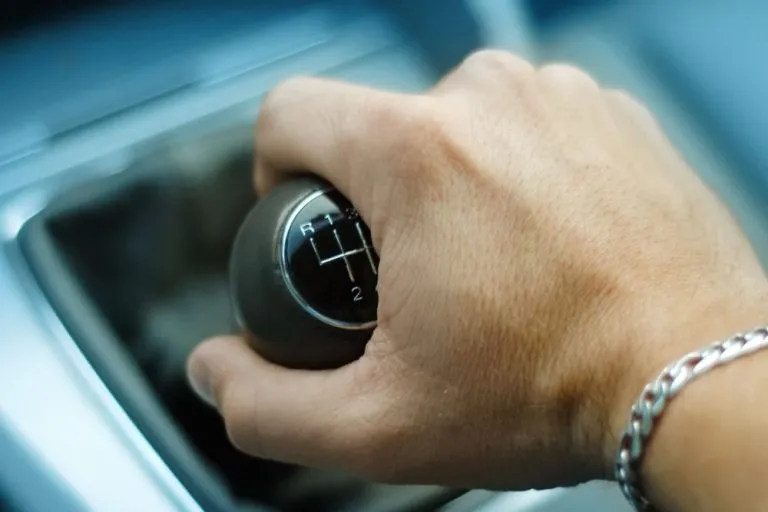What Is A Chattering Clutch And How To Identify It?
The sound of a chattering clutch can quickly raise concerns when you’re driving. The feeling when you think your clutch is about to go is a pretty unnerving one. Unfortunately, when it comes to clutches, they may feel like they are starting to go but not actually fully break or give up for another 10k miles.
You just don’t know and it’s the constant not knowing that can be so stressful. What you can know for sure, though, is that if your clutch is going to burn out it is going to happen at the most inconvenient time. Just as you set off for vacation, going up a major hill, in the middle of nowhere, or in the middle of a busy four-way intersection.
It’s one of the rules of life that we just have to accept. Clutches are prone to problems and are quite good at communicating that something is wrong if we know how to listen. So, what is a chattering clutch, how can you identify it, and what you can do to fix it – this blog post has all the answers.
A Quick Explanation Of How A Clutch Works:
Before we get on to the matter of a chattering clutch let’s first cover, very briefly and simply, what a clutch is and how it works. Essentially when you push the clutch pedal down the flywheel and clutch pad that is attached to the engine disconnect.
Then you are able to change which gear is selected and release the pedal which reconnects the flywheel to the clutch pad. The energy that turns the flywheel also turns the gears very quickly which is why you might hear a grinding sound when you try to force it into the wrong gear or you may hear a chattering sound for a couple of reasons.
What Is A Chattering Clutch?
A chattering clutch sounds like it’s chattering. Duh. The actual sound is a little more like vibrating muffled clinking and is often most prevalent just after you have shifted gear. The clutch, and it sometimes feels like the entire car, shudders after you release the clutch pedal post-shift. It can sometimes happen to a much lesser degree as you press the pedal though it is almost always when you release it.
It’s caused by the clutch faces being too slippery and not catching gear properly and slipping out. Essentially your gears don’t quite line up right and spin around and then make it back in on the second go around. This all happens very quickly but the noise and reverberation can last slightly longer which elongates the chattering sensation you might feel or hear.
How To Identify A Chattering Clutch?
If you are unsure whether your clutch is chattering it can make it difficult to hone in on what the exact problem is and then solve it. So, it is important to know how to differentiate the sound and feel of a chattering clutch from other clutch problems.
There is a difference between a clutch that is chattering because the gears can’t quite bite and a clutch that has selected the wrong gear for your current RPM. This happens if you try to swap into too low or too high of a gear at your current RPM and causes your gear to clunk slightly and the car to lurch forward. Conversely, a chattering clutch shakes the drivetrain and is far milder. Lurching can feel like you’ve got whiplash whereas chattering is a lot more subtle.
What Causes A Clutch To Chatter?
So, going back to the basics of how a clutch works, we know that the flywheel and the clutch pad need to be connected and that when we release the clutch pedal it needs to catch in order to select a gear. Now when this doesn’t bite and it slips and takes longer to go into gear your clutch can chatter. The reason it slips though is usually that either the clutch faces are too slippery and they fail to engage the first time.
This is where you feel it fail to bite, chatter, and then slip. This is because there is too much oil or lubricant in there. There needs to be some but not too much. Or, because the actual clutch pad friction surface is so worn down that there isn’t as much to catch/bite onto. Additionally, the flywheel may be warped or cracked which is causing the components to not catch properly.
How Can I Fix A Chattering Clutch?
Now you know what causes a chattering clutch, how to identify it, and most importantly what it actually is – it’s time to think about fixing it. Before you jump into this next section it’s important to emphasize that a mechanic will be well suited to identifying the issue and formulating a solution for you. They may not even charge you. That aside, if you can you should inspect all of the components for clear damage. Flywheel, clutch pads, etc.
Sometimes it is clear and obvious that they have warped or cracked and need replacing. Sometimes it is not so clear, it takes experienced eyes to know for sure in many cases. If you find that the whole clutch/gearbox is incredibly oily or greasy you will instead need to identify the oil leaks and plug them. Which again may require a trained eye. If you need to replace the clutch and or flywheel including labor it may cost about $800-$1500 respectively. Parts alone will be a couple of hundred bucks and it’s going to take a good few hours to get the job done. You may want to shop around.
Conclusion
Hopefully, you found this guide to chattering clutches helpful and informative. A chattering clutch is not always a red flag that your clutch and or flywheel is about to give out. Though it certainly can be. It is definitely something to keep an eye on and as always if in doubt speak to a professional. Losing your clutch while you are driving can be quite dangerous and is definitely something you don’t want to experience.






